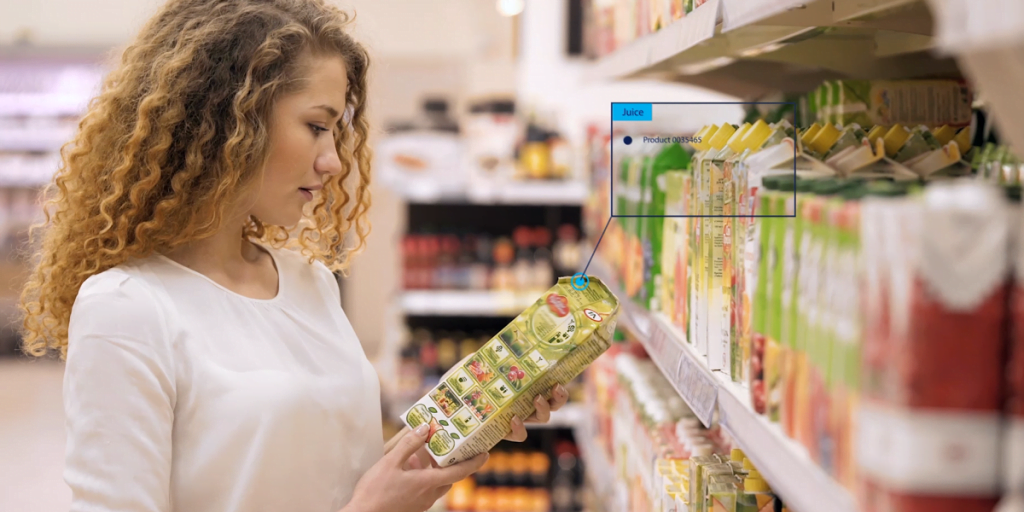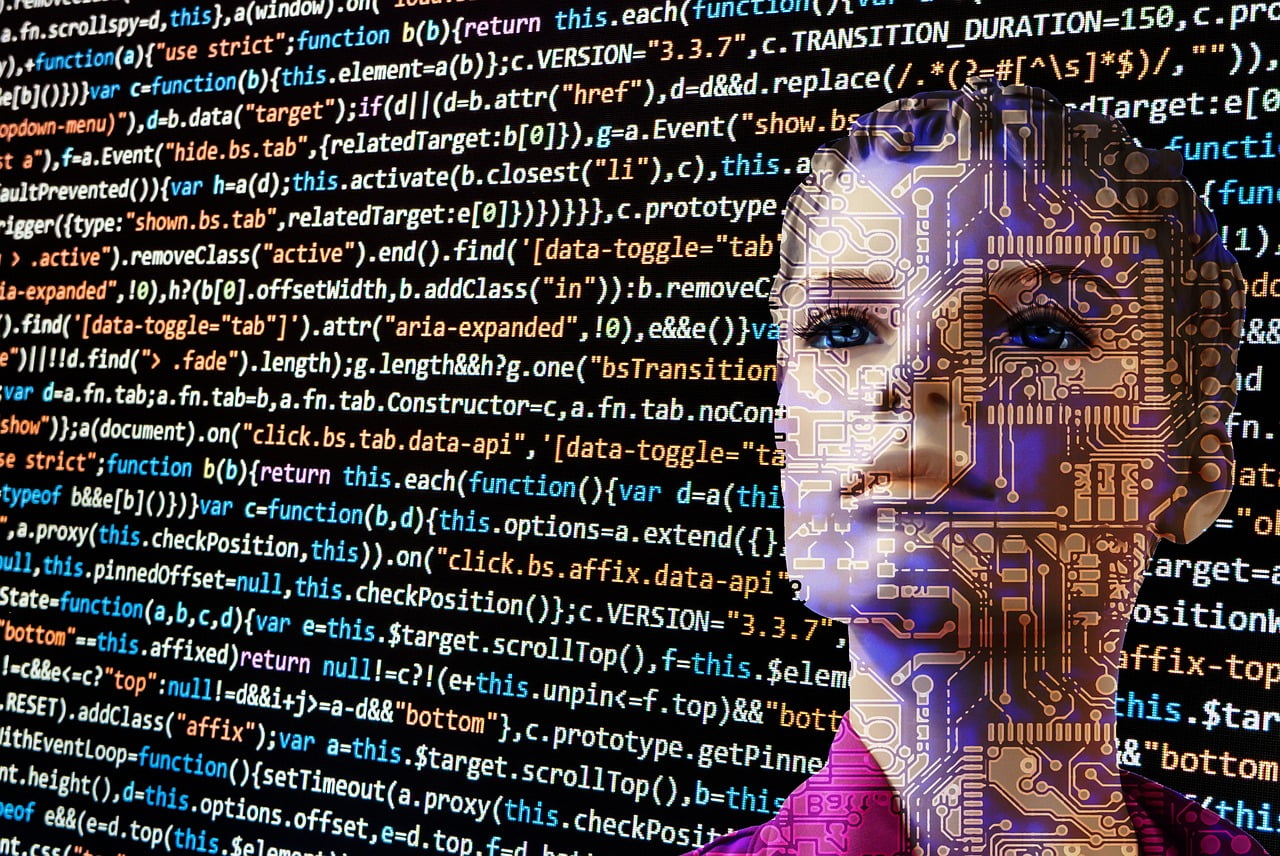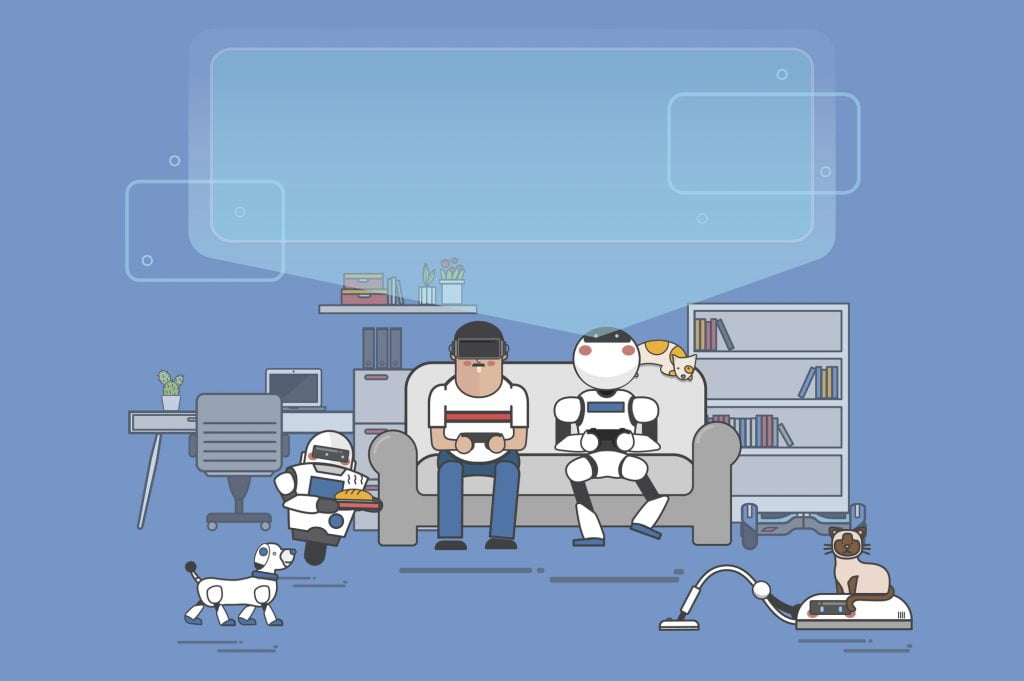Israeli tech industry experts gathered in Tel Aviv this week for a day-long conference hosted by the IVC Research Center and the Meitar Liquornik Geva Leshem Tal law firm to delve into a joint report on Israeli exits in 2018 and highlight the coming trends they say will dominate the global tech and non-tech scene over the next five years.
Global innovation, these experts say, will focus mainly on the following industries: retail, smart home, open source, digital media, AI, and connectivity and Big Data.
Itay Frishman, Partner at Meitar Liquornik Geva Leshem Tal, tells NoCamels that “a lot of companies and industries are becoming more and more technology oriented. This can be seen in the development of products, but also in agriculture, life sciences, and healthcare.”
“Companies that do not embrace new technology will likely disappear in the next five to ten years,” he warns.
Retail
Is retail dying? This question has been asked for the better part of this decade by nearly everyone in the industry. And the answer to this query at the conference in Tel Aviv was a resounding “no.”
Pioneered by breakthrough companies like Amazon and Walmart and Israeli companies like Trigo Vision, Yotpo and Dynamic Yield, retail will be undergoing dramatic changes, they said.
Aviad Ariel, a general partner at Vertex Ventures, says “retail is not dead; it’s enough to look at the numbers, with some thirty trillion dollars in annual sales in the sphere of retail and a 5 percent year-on-year growth.” E-commerce occupies 10 percent of this market, but will not grow more than 20 percent in the next few years, he explains, with a year-on-year growth that is actually decelerating.
Looking at the future of the retail industry, Ariel tells NoCamels that “the essence of retail itself is changing, and so is the nature of the store.” The industry has been undergoing a profound evolution whereby the customer experience is further enhanced by the what he called “experiential shopping.”
SEE ALSO: Israel’s Trigo Vision Wants To Bring The Amazon Go Shopping Experience To All Retail Stores
With retail constantly changing, some brands like Nike, H&M, Amazon, and Walmart have driven innovation forward and are expected to continue to lead significant changes in the retail landscape. What they perhaps do best, and other companies are compelled to follow suit, is incorporating technology into their strategic DNA to stay relevant and ahead of the game.
“So far it has been a complete offline experience, but now stores are becoming more and more digitalized,” he says, adding that “one of the biggest drivers is and will continue to be the emergence of autonomous shops, which allow people to come in, purchase what they need and leave. This development is truly changing the mindset of retailers.”

Photo of Trigo Vision’s item detection algorithm. Courtesy.
‘Smart,’ Autonomous Home
Eran Barkat, Partner at BRM Group, says that just like we imagine an autonomous, smart supermarket, the same autonomy can be applied to the home. The future indeed lies in the transformation of our private residences into smart, autonomous spaces, he says.
“Imagine coming back home from work and having your house connected to your personal calendar, a robot setting up the table for dinner and washing your clothes and hot water at your immediate disposal,” he says.
The trend of smart homes is already happening and incorporates everything from a robot that anticipates people’s needs to a fridge that indicates if the right ingredients are on-hand while regulating its own temperature.
This trend sheds light on the opportunities that come with autonomous utilities, namely privacy, comfort, and security.
As part of this ongoing phenomenon, attention is also drawn to autonomous home logistics, whereby emotional needs are anticipated and met. Barkat imagines a future where visits to the supermarket will become obsolete, while home logistics will be seamlessly automatized.
Sign up for our free weekly newsletter
Subscribe
Futuristic smart city. Deposit Photos
AI, Connectivity and Big Data
Artificial Intelligence, Connectivity and Big Data, will be major areas of focus in the next few years, according to Jonathan Saacks, managing partner at F2 Capital.
There are many efforts dedicated to AI, yet he believes that “there are a lot of opportunities and room for growth” and that 2019 will be the year in which AI will get into further production.
The same applies to connectivity and big data. IoT devices being so widespread, alongside the broader concept of connectivity, he underlines that these will also be produced in larger amounts, in 2019 and beyond, and that connectivity will become a greater core focus for companies and entrepreneurs alike.
“Cloud services, smart homes, smart cities, smart devices, more connectivity is the future,” he said. The data sphere, which requires greater management and optimization, he adds, is also growing and presenting endless opportunities.

Artificial Intelligence. Photo via Pixabay.
Open Source
Originating in the context of software development, open source celebrates principles of open exchange, collaborative participation, transparency. and community-oriented development. The term “open source” is commonly referred to something people can modify and share because its design is publicly accessible.
“This is one of the hottest industries in the world,” says Amit Karp, Partner at Bessemer Venture Partners.
Open source companies like Cloudera, the US-based software company that provides a platform for data engineering, have stood out, he says, as have US-Israeli DevOps firm JFrog, and security management company Whitesource.
“There is a rising demand for open source,” Karp underlines, as crowdfunding has become much easier for people and the whole industry is more stable.
The quality of open source has increased, with crowdsourced software becoming more and more secure. Moreover, there is generally greater flexibility, which allows people to quickly enjoy the benefits of open source.
“Quality and flexibility are core elements that allow companies to advance more quickly,” he adds, elaborating on how “the open source model reduces the need for sales and marketing efforts, can perform virtually everything and represents, in essence, an excellent, safe model.”
Digital Media
An industry that is undergoing profound change is the digital media sector. Barak Pridor, managing partner at Saban Ventures, thinks people are and will increasingly be going for the so-called “cure for boredom.” In the past, this meant TV, but now it’s digital video platforms like YouTube and Instagram.
This change is evidenced by the downscaling of TV advertising, the replacement of live traditional sports with streaming and the evolving nature of ad models, which are anticipated to become more relatable and non-intrusive. A one-stop-shop for streaming different kinds of entertainment is also forecasted as a potential scenario.
Among the possible transformations Pridor also included the disappearance of independent music streaming companies, the emergence of AdTech 2.0 and a global monopoly over home entertainment by specific companies.
Related posts

Editors’ & Readers’ Choice: 10 Favorite NoCamels Articles

Forward Facing: What Does The Future Hold For Israeli High-Tech?

Impact Innovation: Israeli Startups That Could Shape Our Future





Facebook comments